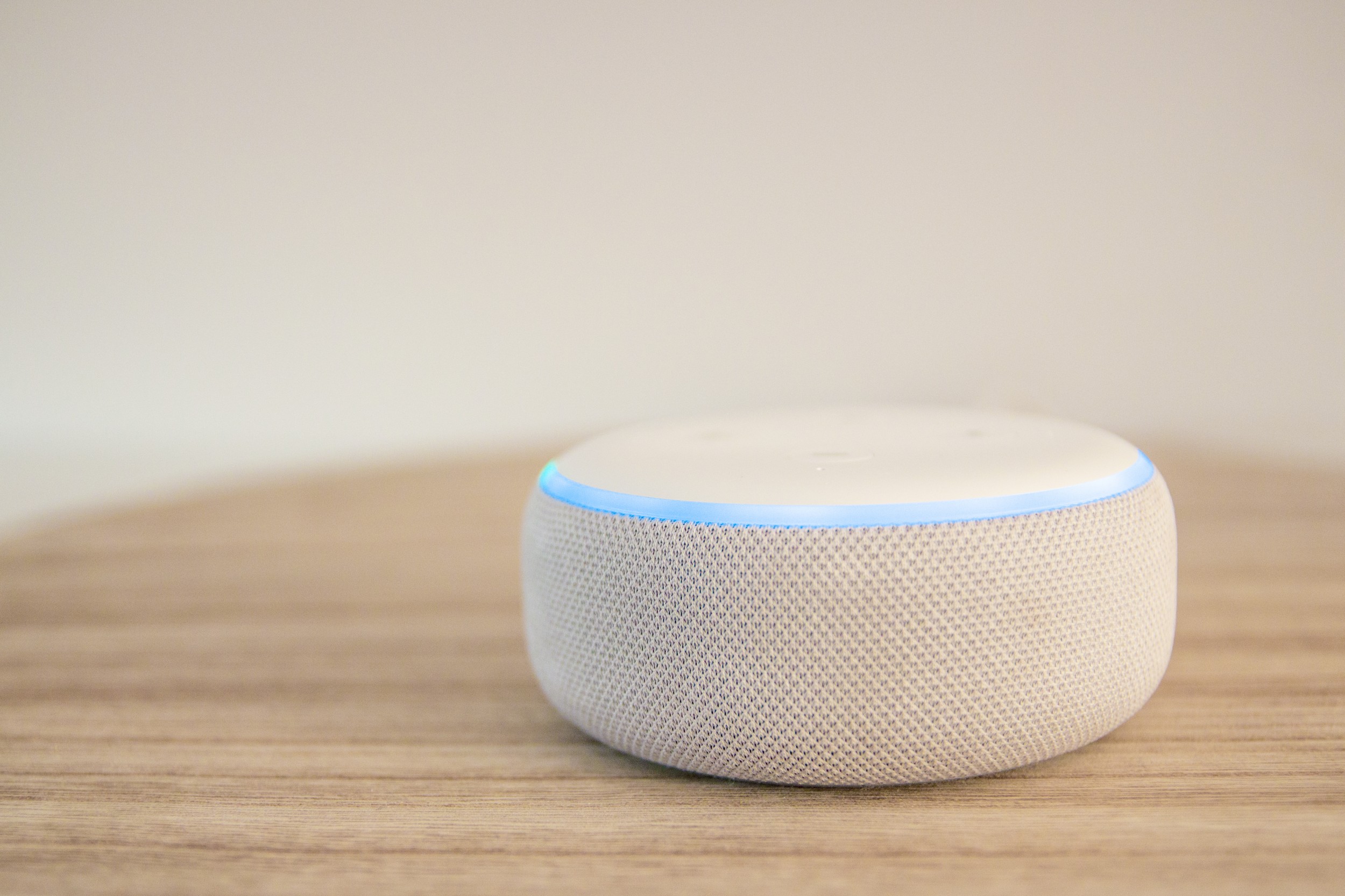Should Alexa Diagnose Alzheimer’s?: A Health Policy and Bioethics Consortium

Event Description
Technology is now part of our lives in ways that were not possible only 10-20 years ago. Smart devices, like watches, phones, and speakers, can gather vast amounts of information about their users, often without the user’s knowledge or consent. As technology continues to improve, many of these devices may also be leveraged to serve diagnostic functions. Technologies such as Amazon’s Alexa and Google’s Assistant can ambiently and continually monitor a variety of information about an individual’s location, voice, and movement. As this technology merges with wearables, such as the Apple Watch or FitBit, it may become possible to diagnose a wide range of diseases, including Alzheimer’s. But should it?
To help answer that question, Dr. Barbara Evans and Dr. Jason Karlawish discussed the medical, legal, and ethical implications of using such technology to diagnose diseases, such as Alzheimer’s.
Panelists
- Introduction: Carmel Shachar, Executive Director, Petrie-Flom Center
- Barbara Evans, Professor of Law and Stephen C. O’Connell Chair, Fredric G. Levin College of Law and Professor of Engineering, Herbert Wertheim College of Engineering, University of Florida
- Jason Karlawish, Professor of Medicine, Perelman School of Medicine at the University of Pennsylvania
- Moderator: David A. Simon, Research Fellow, Digital Home Health, Petrie-Flom Center
Media Coverage
- Paul E. Alexis and Krishi Kishore, “Bioethics Panel Discusses Smart Device Disease Diagnosis,” The Harvard Crimson (February 14, 2022)
The Health Policy and Bioethics Consortia is a monthly series that convenes two international experts from different fields or vantage points to discuss how biomedical innovation and health care delivery are affected by various ethical norms, laws, and regulations.
They are organized by the Harvard Medical School Center for Bioethics and the Program on Regulation, Therapeutics, and Law (PORTAL) at Brigham and Women’s Hospital, in collaboration with the Petrie-Flom Center for Health Law Policy, Biotechnology, and Bioethics at Harvard Law School. Support provided by the Oswald DeN. Cammann Fund at Harvard University.